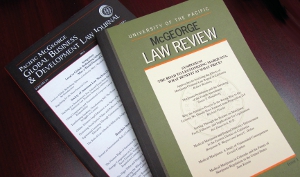Document Type
Article
Publication Date
Spring 2013
Abstract
Intercommunal conflict has marred the political transitions unfolding in a number of states in the Middle East, raising questions about the status and protection of ethnic and religious minorities in the region's evolving political order. In view of the transnationalc haracter and regional scale of the problem, this Article considers the efficacy of one potential regional response-the development of an Arab convention on minority rights. The Article begins by describing three types of "minority problems" that have been sources of conflict in the Middle East: (1) religious minorities and Islamist majoritarianism; (2) nationalist minorities and territorial disputes, and (3) politically dominant minorities and survivalist minoritarianism. The Article then sketches the international legal context, focusing in particular on the Council of Europe's Framework Convention on National Minorities. Turning back to the Middle East, the Article concludes that while a treaty exercise of that kind is probably premature, an effort to begin building consensus about regional norms would be a valuable means of promoting discourse about the contours of local norms and their harmonization-both with one another and with evolving international human rights standards.
Publication Title
UCLA J. INT’L L. & FOR. AFF.
ISSN
1089-2605
Volume
17
Issue
1--2
First Page
29
Last Page
73
Recommended Citation
Omar M. Dajani, Responding to Ethnic and Religious Conflict in the New Arab Order: The Promise and Limits of Rights, 17 UCLA J. INT’L L. & FOR. AFF. 29 (2013).



